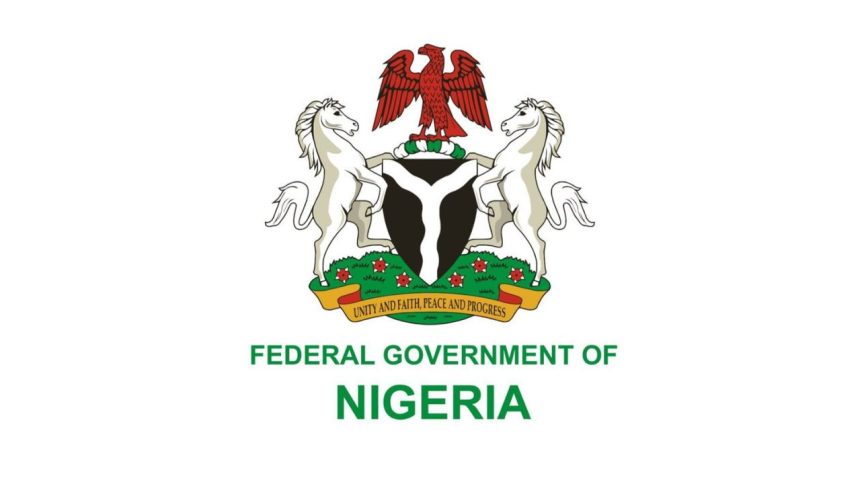Nigerians have been advised to be more vigilant, imbibe good sanitation and hygiene practices at home and in workplaces and also take preventive measures to prevent the spread of cholera infection.
The preventive measures include:
Keeping the environment clean always and disposing of waste properly at designated places;
Ensuring the use of clean and safe water; Avoiding locally prepared drinks like kunu, sobo, fura da nono, koko, fruit juice among others except when certain that the preparation was done in a hygienic and safe manner..
MUST READ: Nigeria launches cultural diplomacy programmes in Beijing to enhance trade opportunities
Other Preventive measures are:
Washing of hands regularly with soap under running water after using the toilet and after cleaning a child who has gone to toilet, before preparing food, before and after eating, and after playing with animals; Avoid open defecation;
Cooking foodstuff well; Keeping food covered and eating it hot as well as Washing fruits and vegetables with clean and safe water before eating.
Minister of State for Environment Iziaq Salako who gave this advice expressed deep concern of the Federal government about the ongoing Cholera outbreak in some states of Nigeria which has tragically claimed many lives and affected many Communities.
Salako said against this background, the Ministry has been actively involved through the Department of Pollution Control and Environmental Health and the Environmental Health Officers Registration Council of Nigeria in activities to break further transmission of the deadly disease through water and food testing to identify sources of infection.
Recent situation report from the Nigeria Centre for Disease Control (NCDC) indicates a total number of 1,159 suspected cases, 65 confirmed cases and 30 deaths across 30 States.
The States mostly affected, contributing 90% of the total cases includes, Bayelsa, Lagos, Zamfara, Abia, Bauchi, Cross River, Ebonyi, Delta and Katsina.
The Minister added that the Ministry is embarking on Environmental Sanitation Campaigns and Household Water Chlorination to address the situation while arrangements are also being made to support states mostly affected with chlorine solution/tablets, water and food testing resources, IEC materials and technical advisory.
“The Federal Ministry of Environment is by this press statement sensitising the general public on cholera preventive and control measures to avert further spread and strengthen collaboration with the health authorities and other stakeholders in line with the one health approach of the Federal Government of Nigeria”
Cholera, a poor sanitation and poor hygiene driven disease is an acute diarrhoea infection caused by ingestion of unwholesome food or water contaminated with the bacterium Vibrio cholerae.
It remains a global threat to public health, affecting both children and adults and can kill if untreated promptly.
It is an extremely virulent disease that takes between 12 hours and 5 days for symptoms to manifest.
The common early symptoms are frequent watery stool that is usually milky white in colour, nausea and vomiting.
Cholera outbreak is a seasonal public health event in Nigeria, occurring annually mostly during the rainy season and often in areas with poor sanitation and hygiene practices.
Extreme climate events like flooding are also contributing in multiple ways to drive the outbreak of the disease.
The World Health Organization has confirmed the global resurgence of cases of cholera classifying the current outbreak a “grade 3 public health emergency”, requiring maximal WHO system wide response.
Nigeria is one of the 14 countries in Africa where the resurgence is being experienced.
(Editor: Nkoli Omhoudu)








